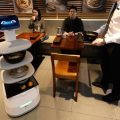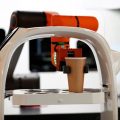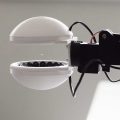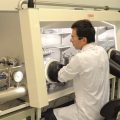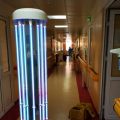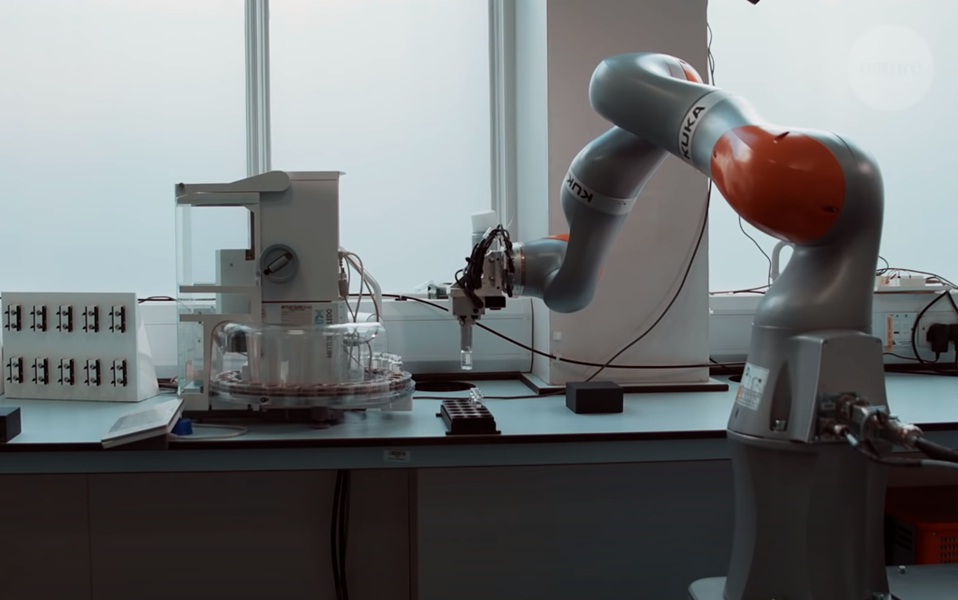
Researchers have created an autonomous robot that conducts its own chemical experiments, and has already discovered a new catalyst.
With a mass of 400 kg and a height of 1.75 m developedthe laboratory assistant has good mobility, can work for 21.5 hours per day (stopping only to charge the battery), think in 10 dimensions, perform a wide range of tasks, and also has unlimited patience.
Thanks to the physical gripper and laser scanning system, it is able to move around the laboratory on its own and interact with theequipment intended for humans.
The robot’s brain uses a search algorithm to navigate through 10-dimensional space, each time choosing the best experiment options from 98 million possible alternatives.
For the first 172 hours of work, he conducted 688 experiments, having completed 6.5 manipulations and having covered a total of 2.17 km. During this time, he autonomously discovered a new catalyst, which is six times more active.
A team of scientists from the University of Liverpool considers the robot a member of the team, and not another machine that helps them, because it acts independently and makes far fewer mistakes than people.
The level of autonomy of robotics can increase not only the improvement of their algorithms, but also new ways of powering.For example, a technology has recently been developed that allows robots to "eat" metal for energy.
text: Ilya Bauer, photo and video: University of Liverpool
